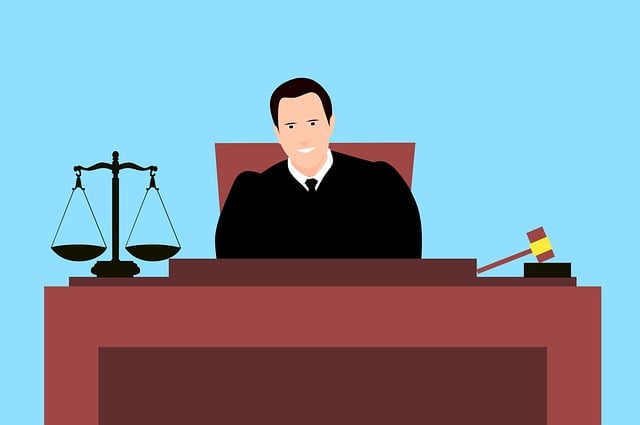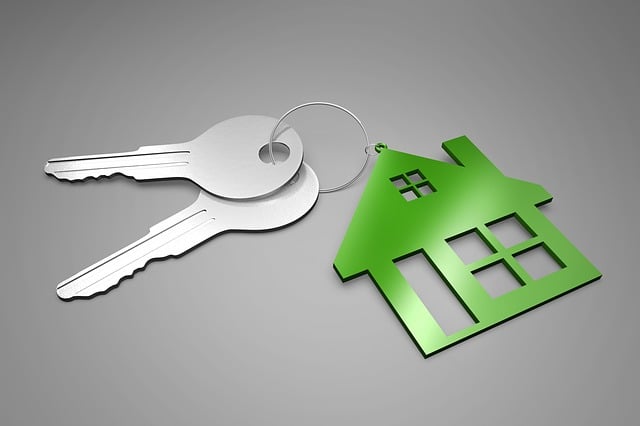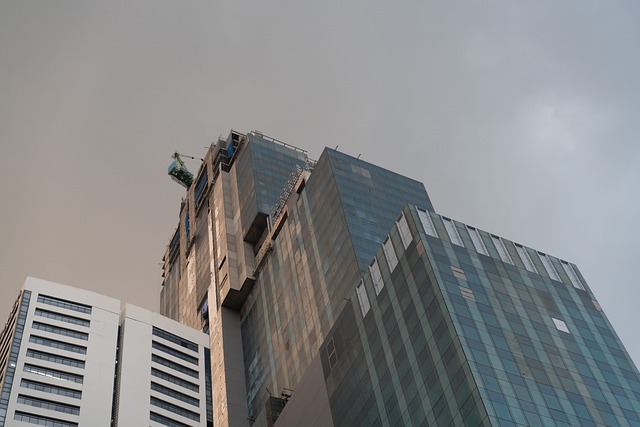Oregon landlords are legally bound to ensure safe living conditions, proactively addressing mold as it poses health risks. Tenants have rights regarding mold, including immediate reporting and documentation of growth. Effective communication about known or suspected mold issues is crucial for both parties' protection, with clear protocols for remediation and liability mitigation.
In Oregon, landlords have a legal obligation to maintain safe and habitable rental properties, including addressing mold issues promptly. This comprehensive guide explores tenant rights and landlord responsibilities in the face of mold damage. We delve into Oregon’s laws regarding mold prevention, what actions tenants can take when mold is present, and the potential legal ramifications for landlords. Effective communication between landlord and tenant is key to navigating these complex issues.
- Oregon Landlord Obligations for Mold Prevention
- Tenant Rights When Mold Is Present
- Legal Responsibilities for Mold Damage
- Effective Communication: Landlord-Tenant Mold Issues
Oregon Landlord Obligations for Mold Prevention
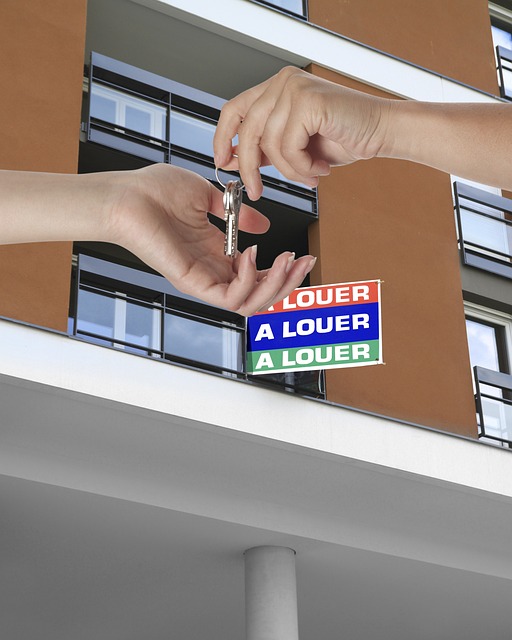
Oregon landlords have a legal obligation to maintain safe and habitable living conditions for their tenants. This includes taking proactive steps to prevent mold growth, as it can pose significant health risks. Landlords must conduct regular inspections to identify potential moisture issues that could lead to mold damage. Promptly addressing leaks, improving ventilation, and ensuring proper drainage are essential preventive measures.
Furthermore, landlords should educate both themselves and tenants about the signs of mold and the importance of immediate action upon detection. Regular communication and clear guidelines for reporting and addressing mold concerns can help protect tenant rights and minimize potential liability related to mold damage.
Tenant Rights When Mold Is Present

When mold is present in a rental property, tenants have specific rights and protections under Oregon law. According to the Oregon Health Division, tenants are entitled to live in a safe and healthy environment free from hazardous levels of mold. If a landlord fails to maintain a property or address mold issues reported by the tenant, it can result in legal liability.
Tenants should document any instances of mold growth with photographs and detailed descriptions. They have the right to request that the landlord take immediate action to remediate the issue. If the landlord neglects their duty, tenants can file a complaint with the Oregon Department of Consumer and Business Services (DCBS) or pursue legal action for damages related to their health and well-being.
Legal Responsibilities for Mold Damage
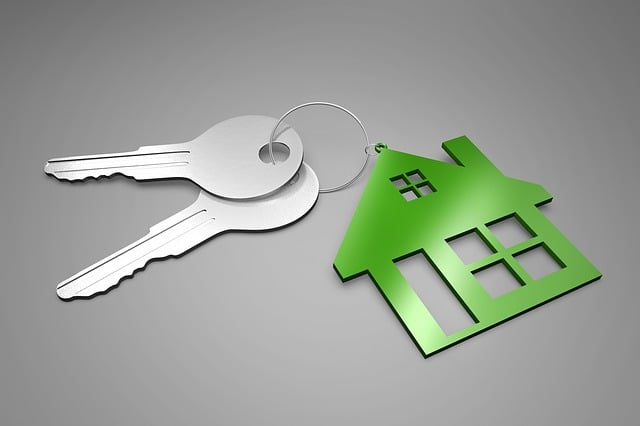
In Oregon, landlords have a legal responsibility to maintain safe and habitable living conditions for their tenants. This includes taking proactive measures to prevent and address mold damage, as it can pose significant health risks to residents. Landlords must inspect their properties regularly, identify potential moisture issues that could lead to mold growth, and implement necessary repairs or maintenance to mitigate these problems.
Tenants have specific rights when it comes to mold damage. They are entitled to live in an environment free from hazardous conditions, including mold. If tenants discover mold on the property, they should immediately notify their landlord. Prompt action is crucial; early detection and remediation can prevent the issue from escalating, protecting both tenant health and property value. Landlords who fail to address mold issues promptly or negligently may be held liable for any resulting damages or health complications experienced by their tenants.
Effective Communication: Landlord-Tenant Mold Issues
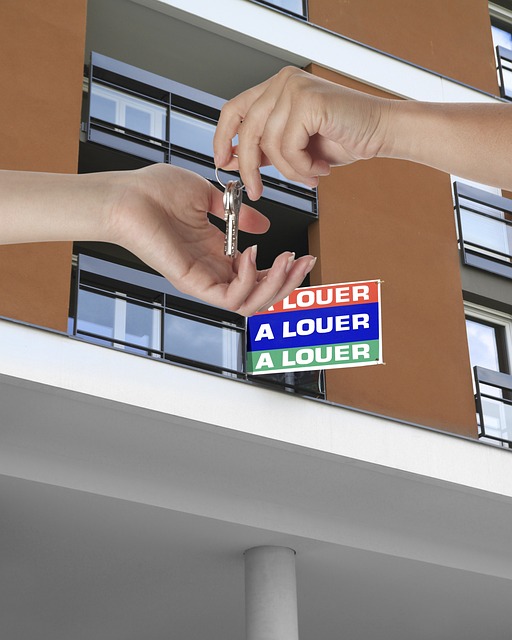
Effective communication is key when addressing mold issues in landlord-tenant relationships. Oregon landlords must promptly inform tenants about any known or suspected mold problems and provide clear instructions on how to handle them. This includes disclosing the existence of mold, its potential health risks, and the steps taken to mitigate it. Clear communication empowers tenants to take necessary precautions and understand their rights regarding mold damage.
Tenants have the right to be informed and protected from mold-related hazards. They should feel comfortable discussing concerns with their landlord and expecting transparent updates on any ongoing remediation efforts. Effective communication fosters a collaborative environment, ensuring both parties are aware of their responsibilities in maintaining a safe living space free from mold damage.
